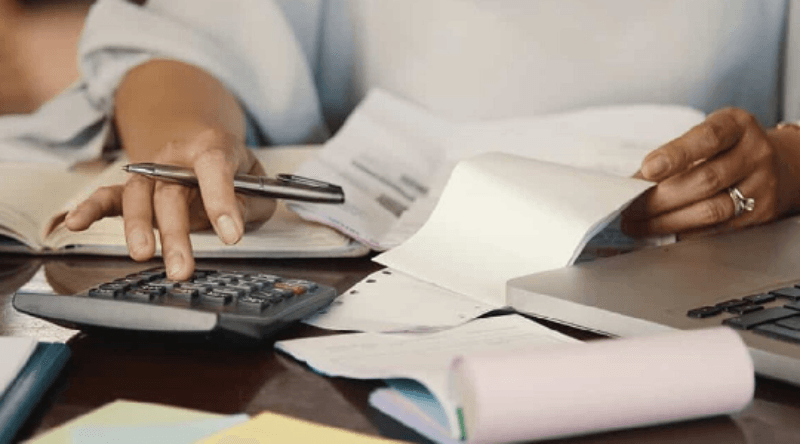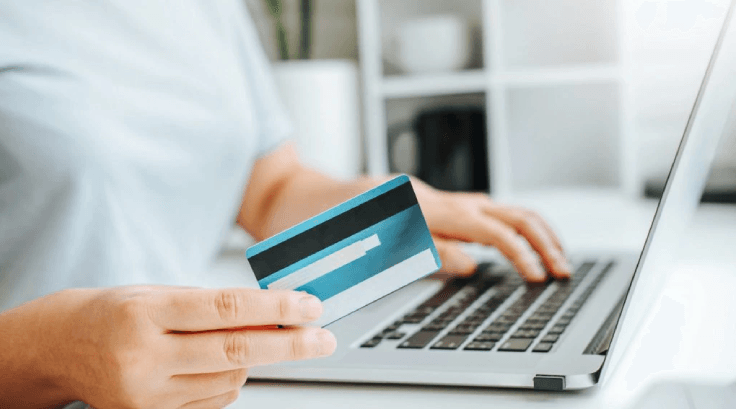
In today's society, it is common to find people who are in debt and do not know how to get out of that situation. Debt can cause great emotional and financial stress, affecting people's quality of life. Therefore, in this article we present 10 steps to get out of debt and regain control of your finances.
Evaluate your current financial situation
The first thing you should do to get out of debt and regain control of your finances is to know your current financial situation. To do this, you should make a list of your monthly income and expenses, including all your outstanding debts.
It is also important that you identify those expenses that are necessary and those that are not, so that you can reduce them or eliminate them completely if possible. Once you have all this information, you will have a clear picture of your current financial situation and can begin to make decisions to improve it.
Make a payment plan
To get out of debt, it is essential that you make a payment plan. This plan should be realistic and tailored to your current financial situation. To start, you should list all your debts, including the total amount and the interest rate you are being charged.
Next, you should rank the debts by the interest you are being charged, starting with the one that has the highest rate. To this debt you should allocate as much money as you can save each month to pay it off as quickly as possible.
Once you have finished paying off the first debt, you should allocate the same money to the next one on the list and so on until you have paid off all your debts. It is important to remember that you should not leave any debt unpaid, even if it has a low rate. All debts accrue interest and it is best to pay them off as soon as possible to save money on interest.
In addition, it is advisable to limit unnecessary expenses as much as possible until you are completely out of debt. Once you have achieved that goal, you can begin to build a financial reserve for contingencies and to save for long-term goals.
Reduce your expenses
In order to get out of debt and keep your finances under control, it is crucial that you reduce your spending as much as possible. To start, make a detailed budget of all your monthly income and expenses.
Then, identify where you can cut back. For example, can you save on food by buying cheaper produce or cooking at home instead of eating out? Do you really need that monthly subscription plan to a service you barely use?
It's not about depriving yourself of all the things you enjoy, it's about being more conscious of your shopping habits and finding ways to save money on non-essentials. Every little bit of savings adds up and can make a big difference in the long run.
Generate extra income
Having a fixed income is not always enough to cover all monthly debts and expenses. Therefore, it is important to look for ways to generate extra income to increase your resources and be able to pay your debts more easily.
There are several options for generating extra income, such as working extra hours at your current job, looking for a second part-time job, selling unused items online, offering your skills and knowledge as a freelancer or starting a small business. Whatever option you choose, make sure it's something you enjoy and aligns with your skills and passions to increase your chances of success.
Create an emergency fund
An emergency fund is a savings set aside to deal with unexpected situations, such as an illness, a job loss or an urgent home repair. This fund should cover at least three to six months of your basic expenses.
It is important to set aside this money in a special account and not mix it with your other savings or expenses. To create this fund, establish a budget and set aside a fixed amount each month for this purpose. If you have outstanding debts, prioritize paying them first, but do not neglect your emergency fund. Remember that having an emergency fund will give you peace of mind and financial security in case of any unforeseen event.
Renegotiate your debts
If your debt is too large to pay in full, consider the option of negotiating with your creditors. You can request a debt restructuring or a payment plan that suits your possibilities.
It is important that you contact them as soon as possible and explain your current financial situation. If you show interest and commitment to resolving the debt, it is likely that they will be willing to work with you to find a solution. Remember that renegotiating your debts does not mean avoiding or ignoring them. It is an opportunity to establish a fair and realistic agreement with your creditors and begin to regain control of your finances.
Use tools to save money
There are several tools and resources that can help you save money effectively, such as:
- Budgeting and saving apps;
- Price comparators;
- Coupons and discounts;
- Credit cards with rewards;
- Savings accounts with high interest rates.
Taking advantage of these tools will allow you to reduce expenses, increase your income and have more control over your finances.
Use credit cards with caution
Having a credit card can be very convenient when making large or online purchases, but it can also be a source of a lot of debt if not managed correctly.
To avoid the temptation to spend more than you can afford, set a reasonable limit on your card and always make sure you pay the balance in full each month. If it is not possible to pay the balance in full, try to make the minimum payment required and then work to pay off the debt as soon as possible.
It is also important to periodically review your statements to make sure there are no charges for unknown purchases or errors. If you encounter any problems, contact your credit card company immediately. Remember that credit cards can be useful, but they can also be dangerous if misused. Use with caution and responsibility.
Seek financial counseling if you need it
If you feel that your financial situation is too complicated and unfeasible to handle on your own, don't hesitate to seek professional help. A qualified financial advisor can help you analyze your situation, identify the best options for getting out of debt and create a long-term financial plan that will allow you to regain control of your finances.
It is important to choose a trusted financial advisor with proven experience in debt management. You can seek recommendations from friends or family, or search through professional organizations and associations.
Keep in mind that some financial advisors may charge for their services, so make sure you understand the terms and conditions before you commit. In either case, the cost may be small compared to the long-term benefits you'll gain by becoming debt-free and regaining control over your finances.
Maintain a positive and persevering attitude
Finally, it is important to maintain a positive and persevering attitude throughout this process. Getting out of debt is not easy, but it is not impossible. The road may be long and difficult, but if you maintain a positive approach and commit to moving forward, you will eventually be able to regain control of your finances.
Don't get discouraged if the results don't come as quickly as you'd like. Remember that every small step you take toward the goal is a victory in itself. Celebrate your accomplishments and learn from your mistakes.
It is also important to surround yourself with people who will support and motivate you on your path to financial freedom. Seek out friends or family members who are willing to listen to you and provide emotional support. In summary, maintaining a positive and persevering attitude is fundamental to get out of debt and regain control of your finances. Don't give up!






